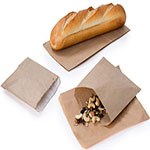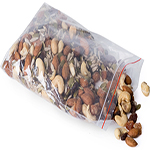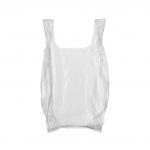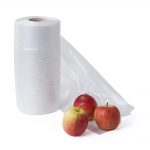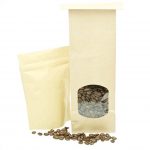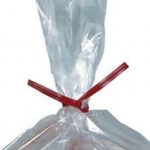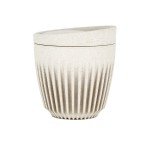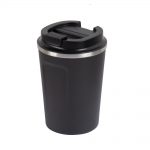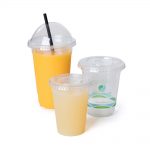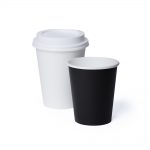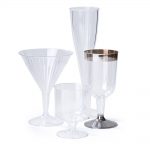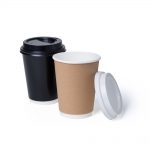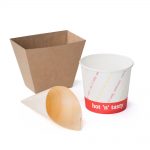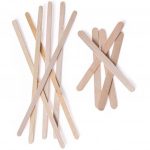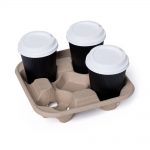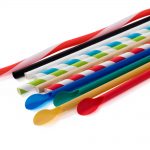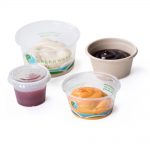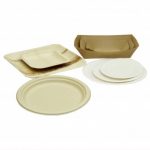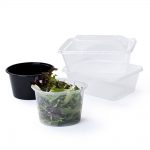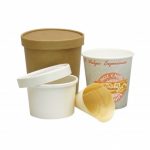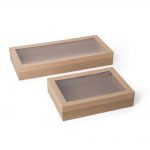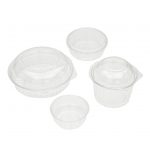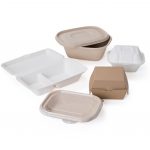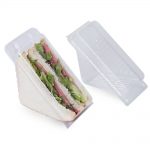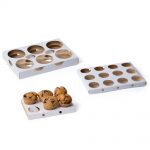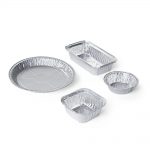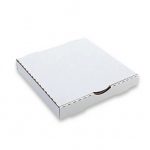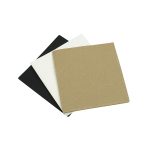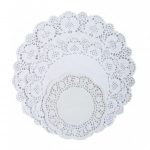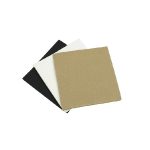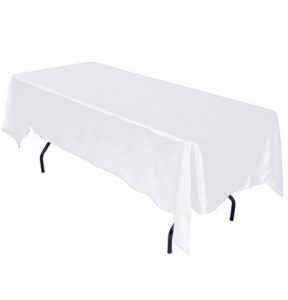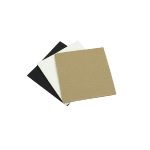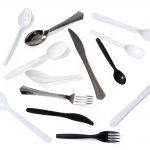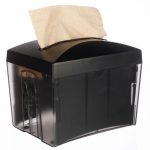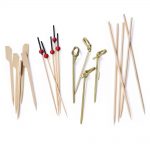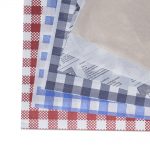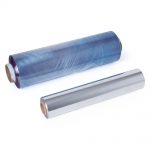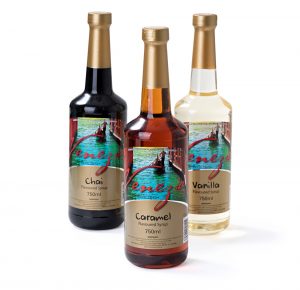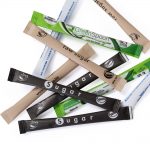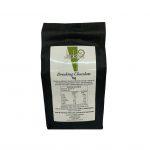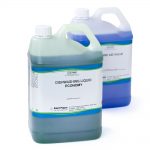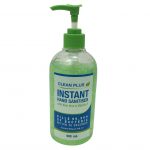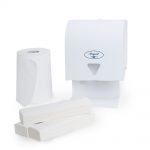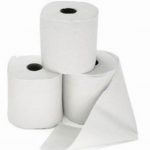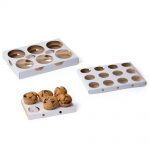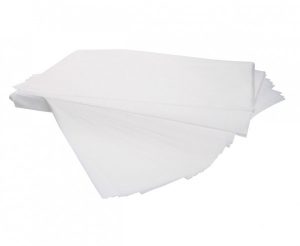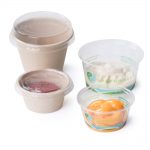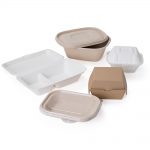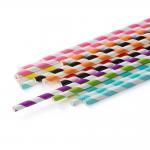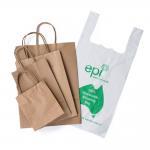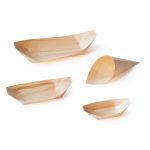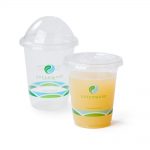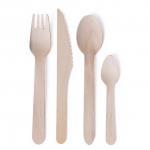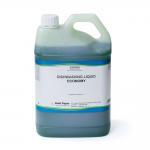Blog Categories
- Tips and Advice (55)
- Sustainability (26)
- Trends and Innovations (25)
- Tutorials and Templates (6)
- Regulations (2)
Jun
14
Posted on December 21, 2016 by Ash Bennett
14
Choosing a Coffee Supplier
Posted on December 21, 2016 by Ash Bennett
Whether you’re a café owner, or you run any food service outlet that features coffee on the menu, serving a decent cup is crucial. The last thing you want to do is leave a bad taste in the mouths of your customers.
Choosing the right coffee roaster is one of the most important factors in the decision-making process. But it can be hard to find one that supplies you with superior quality beans on a consistent basis.
Some business owners make the mistake of basing their decision on cost alone, but an attempt to save a few cents in raw materials in the short term can be far offset by lower sales in the long run.
While big-name beans aren’t essential, there are several considerations that need to be reviewed when choosing your coffee supplier.
How important is coffee to your business?
If you run a coffee shop, the answer is pretty simple. But in today’s hospitality industry, nearly every business relies on supplying a decent coffee. Make sure you have a good understanding of the type of customers you’re trying to attract. Are they the kind that know their coffee beans and will walk 100 metres beyond your café door to get a better blend? If the answer is yes, make the investment to ensure you’re stocking that brand and save them the extra walk.
How good is the coffee itself?
Conducting thorough research into the coffee quality is paramount. You need to know how the beans are picked, processed and roasted, what techniques and equipment are used, and how fresh the beans are. Most coffee roasters should be able to provide free samples, so taste, taste, and taste some more. You need to be as much of a coffee connoisseur as your prospective customers.
Do you prefer artisan or chain?
While a preference may be for artisan coffee beans, business parameters might make chain suppliers more cost-effective. And there are many pros for the latter – consistent quality and taste, lower prices, structured approach to procurement, and so on.
However, artisan blends can often be fresher and of better quality. You can also develop more personal relationships with the supplier and receive better customer service, and there is often a feel-good factor not only for helping out the little guy, but for being involved in more eco-friendly sourcing methods.
How important is ethical sourcing?
Today, many coffee drinkers preference ethically certified coffee blends – fair trade, organic and Rainforest Alliance to name a few. Fair trade is the most recognised ethical certification and ensures a fair wage for farmers and encourages community and environmental development. Choosing a bean based on its sourcing is an important consideration in the decision-making process, and with a growing demand in the market, more brands are specialising in these type of blends.
Do you need something exclusive?
Offering an exclusive blend gives your business a point of difference. However, if you’re looking to stock a blend unique to your business, or one that is unique to the roaster itself, you need to consider the cost implications. No doubt there will be minimum stock order requirements to make it worthwhile to the supplier, which will place pressure on your business to fulfill a minimum number of coffee orders per week. Is this possible from a footfall perspective? Are you biting off more than you can chew? The last thing you want is to end up with wasted stock and high overheads. So carefully weigh up how important offering an exclusive blend is to the business.
What’s a fair price?
It’s generally true to say you get what you pay for. So don’t opt for the cheapest option when it comes to picking your supplier. You want to aim for a minimum level of quality in your coffee beans, and this means you need to be prepared to pay a reasonable amount for it. That said, the profit margin on coffee normally sits at around 80 percent, therefore you should be able to justify the investment.
Does the coffee supplier provide coffee machines and ancillary items?
This is definitely a big part of the decision for start-ups. In supplying you with your coffee beans, many roasters are also able to provide essential equipment and materials for your business as part of a contract or product bundling package. This can include expensive espresso machines, cleaning materials, and branded street furniture, such as umbrellas and barriers. These items can amount to huge set-up costs, so it’s a worthwhile consideration in choosing your supplier.
Where is your supplier located?
One thing is for sure – you don’t want to be let down when it comes to your coffee bean deliveries. While a big-chain national roaster might offer certain perks and cost-effective solutions, they may also come with logistical challenges that need to be weighed up. There’s nothing worse than experiencing delays in deliveries and not having a level of customer support on hand to help resolve the problem. Sometimes a nearby supplier can counteract these issues while supporting your local business community.
Buying coffee beans for your business is an important decision not to be taken lightly. But asking the above questions during the process should make your decision a lot clearer and ensure you’re making the right one not only for your customers, but also for the ever-important bottom line.

